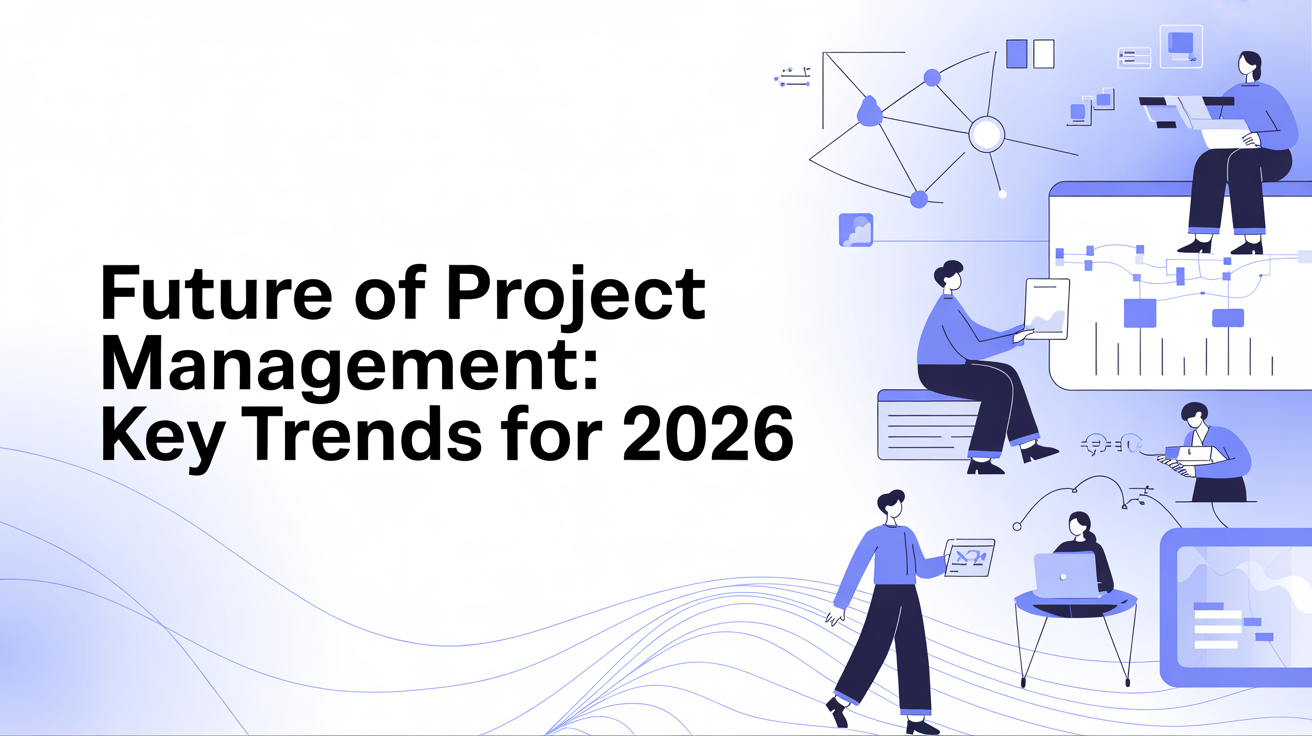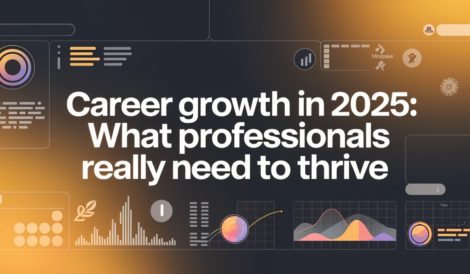The world of project management is changing faster than ever. With technology rapidly evolving and demands for efficiency and sustainability growing, project managers must become strategic leaders. This article explores the key trends shaping the future of project management and gives you actionable insights to stay ahead.
1. AI and Automation Take the Lead
AI is no longer a futuristic concept—it’s here, and it’s revolutionizing how we manage projects. AI-powered tools are expected to automate many routine tasks by 2026. This change frees up project managers to focus on strategic work instead of administrative duties. According to a recent report by the Association for Project Management (APM), 70% of project professionals are already using AI in their organizations, showing just how quickly this technology is being adopted across the industry.
AI tools help with several key functions:
- Planning & Scheduling: AI algorithms analyse historical data. They create more accurate plans and predict potential risks or delays before they happen.
- Resource Optimization: AI automatically matches the right team members to tasks. This ensures resources are used efficiently and prevents team burnout.
- Automated Reporting: Manual progress reports are a thing of the past. AI tracks project status automatically, generating real-time reports for stakeholders.
This shift means the project manager’s role is evolving. They must become strategic orchestrators who leverage intelligent systems to drive better outcomes.
2. Agile and Hybrid Methodologies Take Centre Stage
The traditional, linear Waterfall approach is giving way to more flexible methods. While Agile has dominated software development for years, its principles of iterative work are now used in all industries.
Additionally, many organizations find the most success with a hybrid project management approach. This method combines the structured planning of Waterfall with the flexibility of Agile. For example, a construction project might use a Waterfall approach for the building’s foundation. Then, it might use Agile principles for interior design to quickly incorporate client feedback.
Consequently, there is no one-size-fits-all solution. Project managers of the future must be fluent in multiple methodologies. They need to know how to blend them to create a custom solution for each unique project.
3. The Crucial Role of Soft Skills
As technology automates technical aspects, the human element becomes more critical. Your ability to lead, communicate, and collaborate effectively will be your superpower.
The future of project management depends on professionals who excel in soft skills. These include:
- Emotional Intelligence: Understand and manage your own emotions. Recognize them in your team members to foster a positive, productive environment.
- Leadership and Empathy: The rise of remote teams requires strong leadership. You must motivate and inspire a distributed workforce with empathy.
- Stakeholder Engagement: Building strong relationships with clients, executives, and team members is crucial. It leads to project success.
These skills are not just “nice to have.” They are a strategic necessity for anyone hoping to lead successful projects.
4. A Sustainable Future of Project Management
Sustainability is no longer a niche concern; it is a global imperative. Projects are increasingly judged on their social and environmental impact, not just their financial returns.
Sustainable project management integrates ethical and eco-friendly considerations at every stage. This means:
- Green Procurement: Source materials and services from suppliers who use sustainable practices.
- Resource Management: Minimize waste and conserve energy throughout the project.
- Social Impact: Consider the project’s effect on local communities and ensure fair labour practices.
Project managers must become experts. They have to balance the traditional project triangle of time, cost, and scope with these crucial sustainability goals.
What This Means for Your Career
The project management landscape offers great opportunities for those who adapt. To prepare for this new era, focus on these key areas:
- Upskill in Technology: Learn to use AI and data analytics tools.
- Master New Methodologies: Gain experience in both Agile and hybrid frameworks.
- Hone Your Soft Skills: Invest in leadership and communication training.
A PMP certification is a powerful tool for this journey, demonstrating your commitment to excellence. We understand its value, which is why we offer a comprehensive PMP course designed to help you succeed.
By embracing these trends, you can ensure your career remains dynamic and future-proof. For more insights, check out our blog post on “PMP Certification in 2025: Why this is the best time to get certified“.








